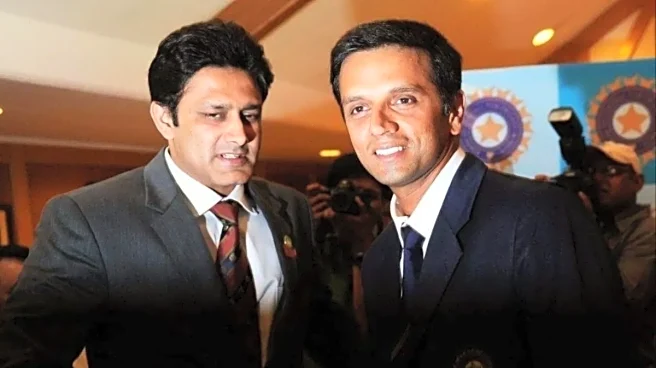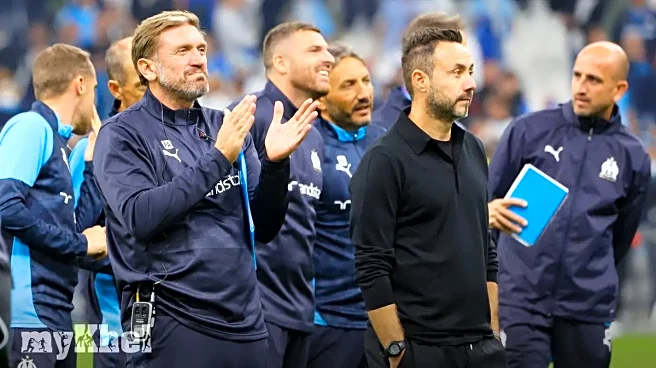New Delhi, Oct 26 (PTI) State-owned Convergence Energy Services Ltd (CESL) will open a mega tender next month to procure 10,900 electric buses for cities including Hyderabad, Surat, Ahmedabad, Delhi and
Bengaluru.
This tender marks a significant milestone in India’s journey toward sustainable, zero-emission public transport systems under the National Electric Bus Programme (NEBP).
CESL, a wholly-owned subsidiary of Energy Efficiency Services Ltd (EESL) and the government’s nominated agency for the aggregation and procurement of electric buses, is set to open bids for 10,900 electric buses on November 6, 2025, a company statement said.
Numerous domestic and international manufacturers and operators have participated in pre-bid meetings, a company statement said, adding that CESL has successfully addressed a large number of pre-bid queries raised by potential bidders.
This mega tender encompasses multiple cities and Union Territories, including Hyderabad, Surat, Ahmedabad, Delhi, and Bengaluru. It covers both AC and Non-AC buses across various categories, including Standard Floor, Low Floor, and BRT (Bus Rapid Transit) models.
Hyderabad will receive approximately 2,000 buses across two lots, Surat and Ahmedabad will together add another 1,600 buses, Delhi is set to induct 2,800 buses, and Bengaluru will see the largest allocation of 4,500 buses under this program.
Once the tender is awarded, successful bidders will enter into agreements with the respective City Transport Undertakings (CTUs) to ensure seamless deployment, operation, and maintenance of the e-buses.
Each selected operator will be mandated to establish charging depots, employ local drivers and maintenance staff, and adhere to stringent service-level agreements (SLAs) for uptime, energy efficiency, and passenger comfort.
The project also emphasizes the inclusion of women drivers and maintenance engineers, fostering gender diversity and local employment in the clean mobility sector.
Once operational, these buses will play a crucial role in reducing carbon emissions, lowering noise pollution, and improving air quality across India’s major urban centers. Each electric bus is expected to replace a conventional diesel bus, resulting in an estimated reduction of over 4 million tonnes of CO₂ emissions annually over the project’s lifetime.
CESL’s model of aggregation-based procurement under a Gross Cost Contract (GCC) framework ensures both efficiency and affordability. Under this model, private operators will own, operate, and maintain the buses, while city authorities will pay a fixed per-kilometer fee.
This structure minimizes the financial burden on city administrations while accelerating the adoption of electric buses, the statement added.
CESL has already conducted multiple successful rounds of e-bus procurement under the FAME-II (Faster Adoption and Manufacturing of Electric Vehicles) scheme and the National E-Bus Programme, facilitating the procurement of thousands of e-buses for state transport undertakings. PTI KKS DRR DRR


/images/ppid_a911dc6a-image-17710364781122582.webp)

/images/ppid_a911dc6a-image-177103642565816962.webp)
/images/ppid_a911dc6a-image-177103504309993710.webp)
/images/ppid_a911dc6a-image-177103508492594205.webp)




/images/ppid_59c68470-image-177102753183257032.webp)


/images/ppid_a911dc6a-image-17710264327998831.webp)